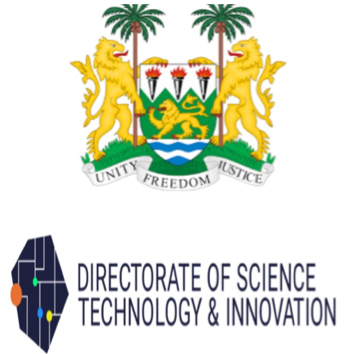

A request for information from The Government of Sierra Leone’s Directorate of Science, Technology & Innovation Medical Drone Delivery Design Team to shortlisted drone suppliers.
Deadline for response: Midnight Sunday 14th February 2021.
Published: 4th February 2021.
Submit to: proposals@dsti.gov.sl and drones@dsti.gov.sl

Table of Contents:
- Introduction
- Timeline
- Overview of Use Cases
3.1 Sample Collection
3.2 Resupply Blood to Blood Bank & Hospitals
3.3 Resupply of High Value Commodities to Cold Chain Capable Facilities
3.4 On Demand Delivery of Non-Cold Chain High Value Medical Products
3.5 Delivery to remote Health Facilities
3.6 On Demand Delivery of PPE in a Pathogen Outbreak
- UAS Platform Specifications Matrix
5. Required & Preferred Vendor qualifications
6. Mandatory Documents
7. Submission conditions
1. Introduction
The Directorate of Science, Technology & Innovation, supported by UNICEF and Crown Agents, are leading a three-month, data-driven, design project to examine the viability of integrating drone technology into the medical supply chain of Sierra Leone.
The RFI stage of the supplier selection process aims to collect enough information about suppliers to conduct a desk-based selection process and reduce the number of suppliers down to three finalists. The finalist will be based on their deemed appropriateness to the prioritised use cases and the Sierra Leonean context.
The DSTI Medical Drone Delivery Design Team currently consists of a Team Lead, Project Manager, practising doctor, UAV technician, CAA authority and data analyst. They are working in partnership with the Ministry of Health & Sanitation to critically evaluate and prioritise the various medical drone use cases in the context of Sierra Leone. This process is happening in parallel with the supplier selection.
The first review of the use cases will be by the MDDP Technical Committee which includes the Chief Medical Officer of Sierra Leone, the Managing Director of the Sierra Leone National Medical Supplies Agency & other technicians with an aggregate experience of over 100 years in the medical supply chain in Africa. The Technical Committee will meet and asses the use case in four review meetings. Once the concept has been authorised the Design Team will hold a two-tier workshop where select members of the MoHS, CAA and development partners will have an opportunity to critically evaluate the uses cases and the implementation plan. Once the use cases have been approved, they will be incorporated into the proposal and an RFP released to the final suppliers.
Once the RFIs have been evaluated, the suppliers will be narrowed to finalists, who will be asked to complete a Request For Proposal (RFP). This will comprise of an in depth technical and financial proposal. Once the RFPs have been evaluated on a weighted score basis, the selection committee will make its recommendations to the DSTI project leadership. The finalist will be given the opportunity to demonstrate their capabilities within the DSTI drone corridor later this year. Required demonstrations will include technical feasibility, demonstration of the drones’ performance as per the RFI and regulatory compliance. A limited amount of funds will be made available to support this testing process.
2. Timeline
The following timeline captures the key dates in the solicitation process:

3. Overview of Use Cases
A summary of these use-cases is detailed below. All additional information about incidence, levels of demand, location, topography and meteorology will be provided to the finalist of the desk-based selection once the RFI responses have been received.
3.1. Sample Collection
Sierra Leone has a limited number of diagnostic centres which, combined with challenging weather conditions and access, means that collection is expensive, and samples are unable to be analysed before degradation. Drone may provide a cheaper, safe and more efficient mode of transport for these samples. The possible type of samples include blood, tissue biopsies and compartmental specimens. Significant potential interventions include Covid19, Lassa and other neglected tropical diseases. The potential location of use may be anywhere in Sierra Leone however the implementation rolls out may well be by district until scaled to a national program.
3.2. Resupply Blood to Blood Bank & Hospitals
Sierra Leone faces challenges in the availability, storage and management of blood. The ability for drones to deliver blood safely and quickly to the hospitals and health facilities of Sierra Leone create the opportunity to rationalise the reserves of blood at a facilities to minimal level and centralise the majority of the countries blood reserves in a World Health Organisation certified blood bank where it can be efficiently and safely scanned and stored. The benefits of this intervention are expected to be significant increase in availability of safe blood, reduction in wastage and an increase in quality of blood screening and management. The possible location for this intervention will initially be the 80+ hospitals and the 22 blood banks, however this would be trialled in a district before scaled nationally.
3.3. Resupply of High Value Commodities to Cold Chain Capable Facilities The topography, weather conditions and poor road and power infrastructure are all factors contributing to the lack of access of cold-chain, medical commodities, which leads to the high maternal and infant mortality burden of Sierra Leone.
The Design team is sceptical that drones can provide a national, on-demand delivery service for products such as oxytocin as the window to administer to a mother experiencing post-partum haemorrhaging can be less than 5 minutes, too small for a drone to be called, loaded and dispatched. However, due to shortages of these high value medical commodities there does persist significant stock outs of products such as oxytocin and artesunate within facilities that have functional cold chain capabilities.
Drones do potentially offer the opportunity to centralise scarce stock in a well-managed, World Health Organisation certified facility and rationalise in field stock at cold chain enabled facilities but then resupply after each intervention, at facilities with functional cold chain. Centralise the stocks. Resupply these facilities post intervention to ensure continuance and availability of access.
3.4. On Demand Delivery of Non-Cold Chain High Value Medical Products
Sierra Leone has high incidences of stock outs of essential medical commodities for multiple reasons. Drone allow the centralisation of high value items and delivery on-demand anywhere in the country in less than 90 minutes (75% within the “golden hour”). Examples of potential commodities are Rabies PEP; Artesunate; Rectal artesunate suppositories; HIV/Aids PEP; Magnesium Sulphate; Dextrose injections to name a few.
3.5. Delivery to remote Health Facility
The mountains, rivers, and islands of Sierra Leone together with the poor road network mean that there are multiple isolated facilities that are challenging and expensive to deliver medical commodities to, for example the facility on Turtle Island. Although not a use case in isolation, the distribution of medicines to these facilities is undoubtedly a worthwhile consideration.
3.6. On Demand Delivery of PPE in Pathogen Outbreak
A key element of combatting future pathogen outbreaks is early identification and containment especially for diseases with high r0, such as Ebola. The quicker the vectors can be tested and contained, the lower the risk of the disease spreading, especially in a resource limited environment like Sierra Leone. The most urgent item of equipment required on site is personal protective equipment (PPE). This enables the medical staff to interact and isolate potential victims with less risk of personal infection. Unfortunately, much of the PPE in Sierra Leone’s health units has found its way into the possession of the “ocada boys”, the motorbike taxi drivers who find the all-in-one suit effective protection against the rains. Therefore, drones provide the opportunity to integrate with the country’s surveillance mechanism and deliver PPE within hours of a suspected pathogen outbreak.

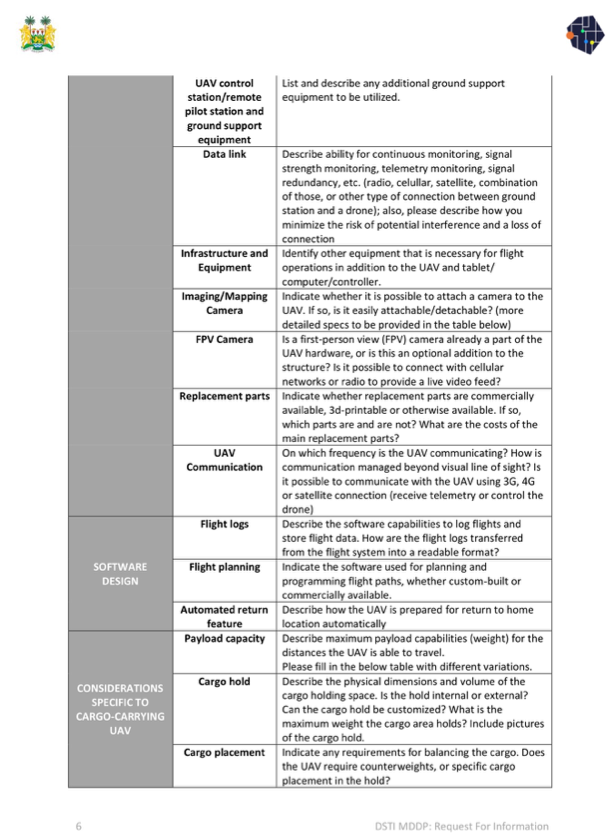
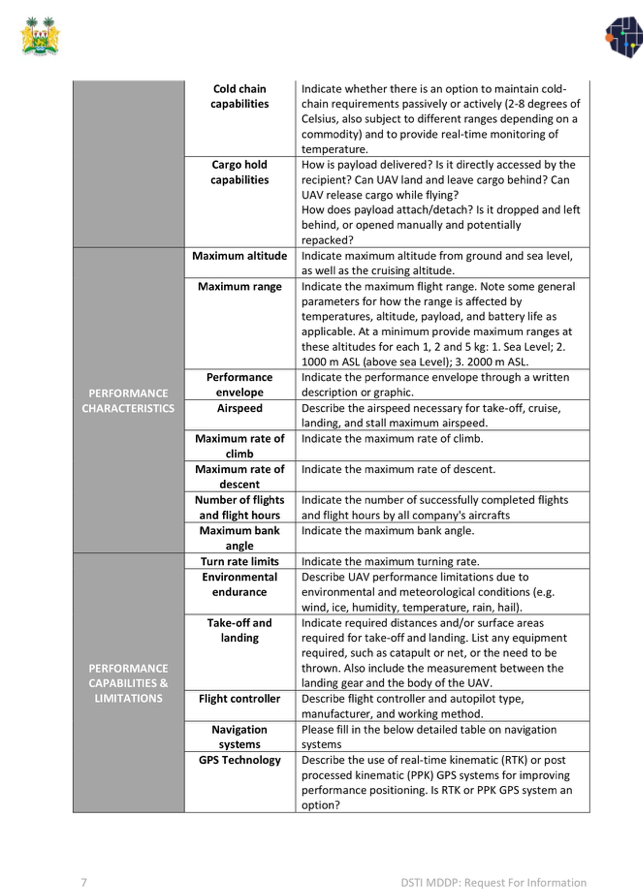
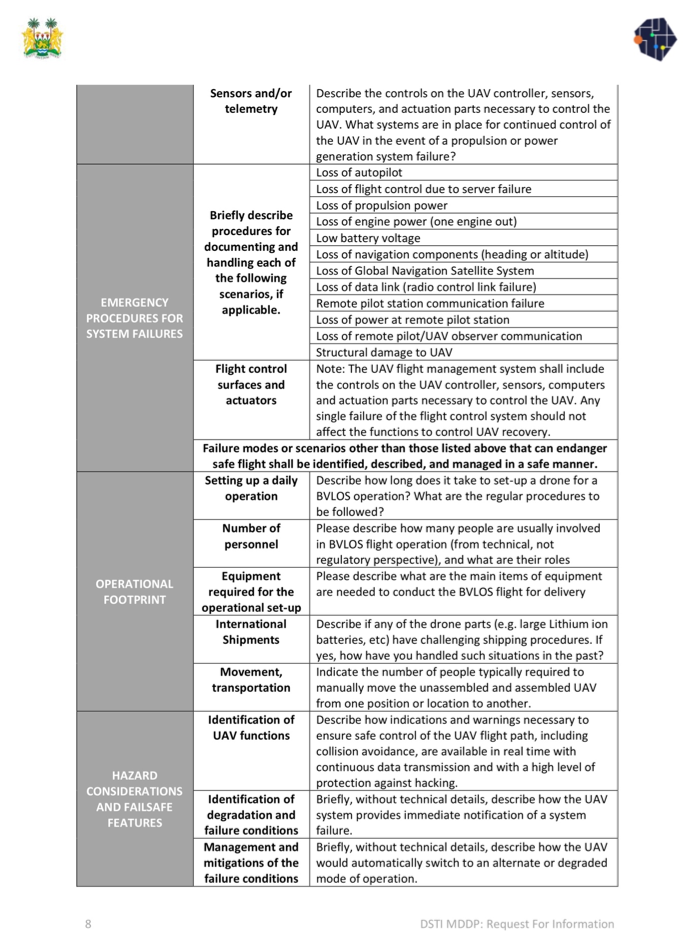
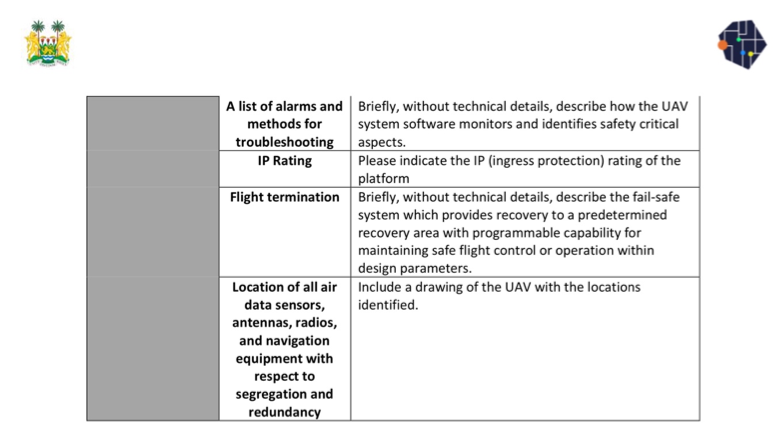
5. Required & Preferred Vendor qualifications
The vendor should have the following qualifications and experience:
- Proven experience in fulfilling regulatory requirements to obtain certificate to operate drones in beyond visual line-of-sight (required)
- Personnel with the possession of remote pilot license(s) from a local or other country’s civil aviation authority and ability to train their own staff (required)
- Proven experience of setting up robust training programs for their own staff and establishing standard operating procedures (SOPs) or other necessary protocols to ensure safe and efficient daily operation of flights (preferred)
- Strong understanding, and, preferably, experience of working in low-resource settings, including knowledge transfer and capacity building background (preferred)
- Excellent project and management, organisational skills, professional approach to time and costs, ability to handle multiple tasks under tight deadlines (preferred)
- Demonstrates initiative, sound judgment and ability to work in harmony with persons of different national and cultural backgrounds (preferred)
- Proven ability to work in lean and agile ways (preferred)
- Proven experience in setting up scalable drone delivery operations in resource-constrained environments and running daily drone delivery operations for at least 2 months (preferred)
- Ability to share any data relevant to the service performance and daily operations (preferred)
Suggested Specific Personnel Profiles (but not limited to):
- Project and Program manager
- Chief of Flight Operations
- Drone Pilot
- Safety Officer
6. Mandatory Documents
Please submit the following mandatory documents
- Standard Operating Procedures
- Safety Management System
7. Submission conditions
Please submit your response in a PDF, titled: “DSTI MDDP [insert company name] RFI”
Please submit to: proposals@dsti.gov.sl and drones@dsti.gov.sl
Please submit by: Midnight 14th February 2021
Any questions, please email to proposals@dsti.gov.sl and drones@dsti.gov.sl and the questions and answers will be shared with the other suppliers from the same email
Please note: The DSTI Medical Drone Delivery Team recognise potential suppliers are releasing industry sensitive information. With that in mind the team would like to make the following assurance with regards to confidentiality and data protection:
The DSTI MDDP Design Team agree to establish appropriate safeguards to protect the confidentiality of shared supplier data and to prevent unauthorized use or access. Specifically, DSTI MDDP Design Team shall implement and maintain an information security management policy with standards that are no less rigorous than accepted industry practices, comply with all applicable laws to protect the Supplier Data from unauthorized access, destruction, use, modification, or disclosure, as well as comply with the provisions of this statement. At a minimum, DSTI MDDP Team shall implement safeguards such as ringfenced cloud storage and password protected shared email accounts, with permissions reviewed periodically.
In the same regard we would ask all potential suppliers to maintain discretion and professionalism in the sharing of information with other entities about and throughout the supplier selection process.

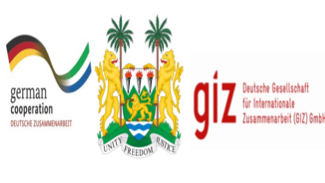

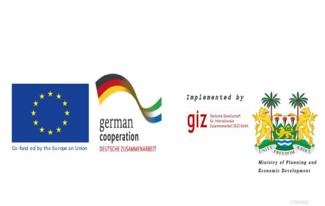
Hello just wanted to give you a quick heads up. The words in your post seem to be
running off the screen in Opera. I’m not sure if this
is a format issue or something to do with web browser compatibility but I thought I’d post to let you know.
The design look great though! Hope you get the problem fixed soon. Cheers
I could not refrain from commenting. Exceptionally well written!
Stats show that people are spending too much on ads online. Some sites are paying as much as $50 per click! This happens because there are too many sites all advertising at the same places. For example, Google is one of the oldest online advertisers around and they have literally billions of websites advertising with them. This creates a level of ad saturation that can only be fixed with higher bids for clicks. You see, the more they charge for clicks the less ads they have to show and that’s good for them. Now it’s time to do what’s good for you! We can generate niche targeted clicks for you using ads that appear on news websites like cnn.com for less than a penny each! Money back guarantee if you’re not satisfied: http://bit.ly/boost-web-traffic-now
Wow, that’s what I was searching for, what a information! present here at this webpage, thanks admin of this web page.
Now you can get thousands of high quality niche targeted website visitors for less than the price of a few clicks on Google. Find out more here: https://bit.ly/get-more-web-traffic-now
I saw a listing for you on http://www.shinynewad.xyz and it said you had a $25 plan. Is it still available?
Cash grab is about the only thing to be said about most “business opportunities”. Upfront fees and loads of bullshit. I’ve been burned 1000 times which is why I want to share this guide with you. It’s all the business opp sites that don’t charge anything to join and actually work. Your welcome. Get it here :https://cutt.ly/kRA9GgC
Good job on the new site! Now go ahead and submit it to our free directory here https://bit.ly/submityourwebsite
Morning
Are you Scrambling while opening Jars, Bottles, and Cans?
This Jar Opener Takes The Strain & Frustration Out Of Opening Jars & Bottles! Never Struggle with opening a jar again!
Click Now & GET 50% OFF → https://kitchenopener.biz
Have a great time,
Leora
Hey hey!
We featured owlpress-sl.com because we believe in what you’re doing. Truly. Check it out and see how much your work resonates with our community.
review the published post here
https://ibit.ly/TkH_u
This is our little way to ‘pay it forward’ 🙂 Can’t wait to receive your feedback!
Warm regards,
Jayson